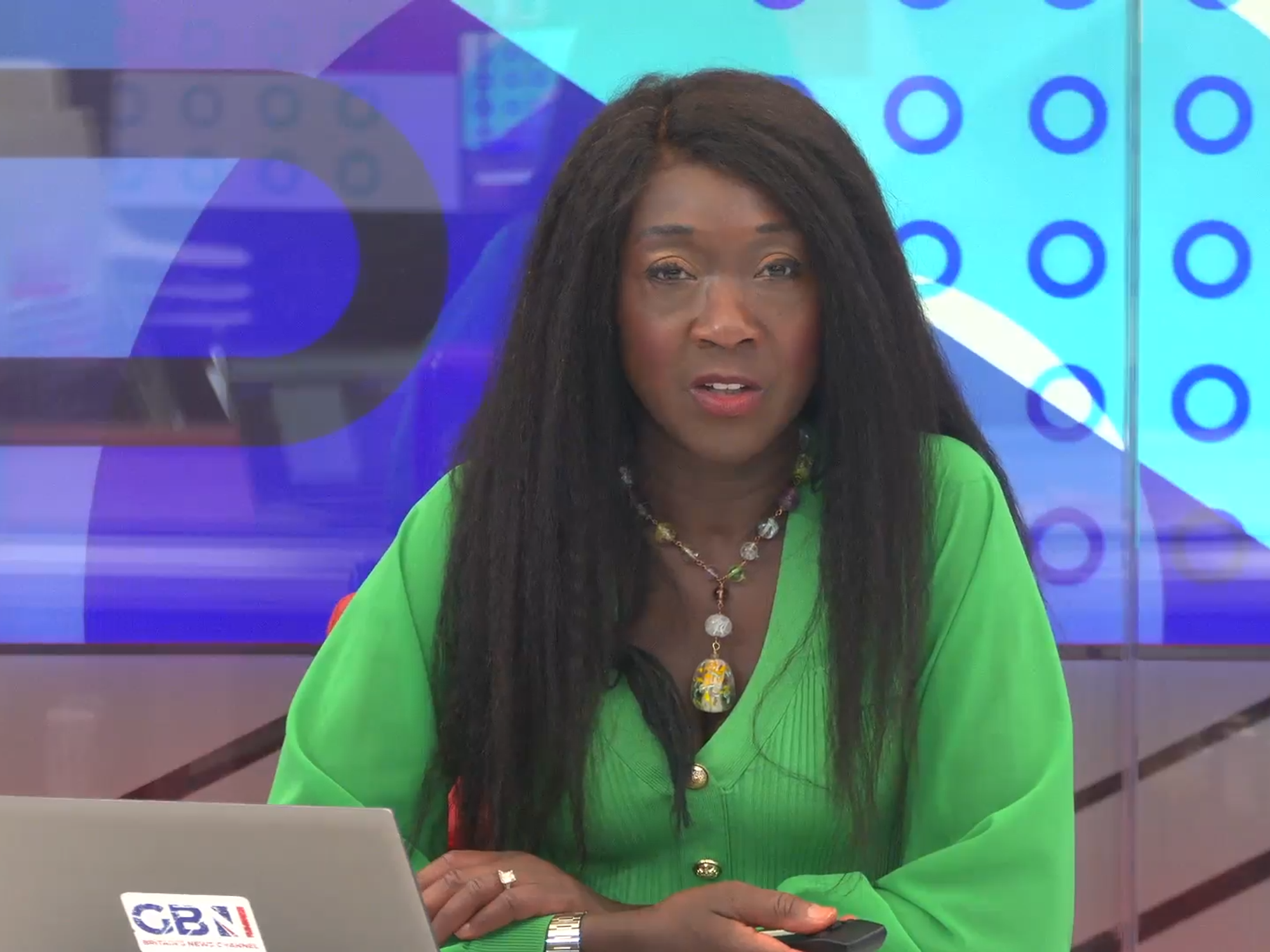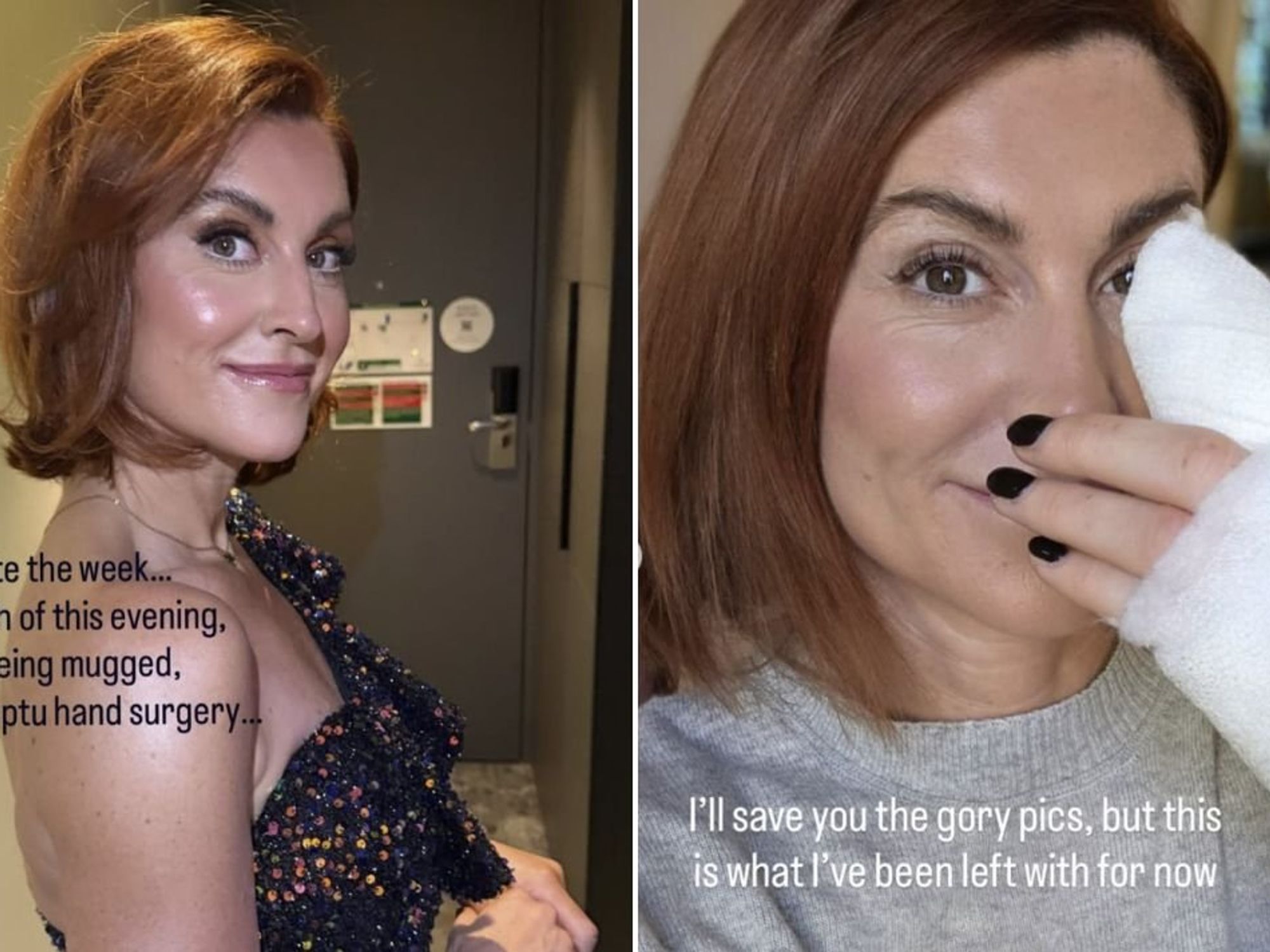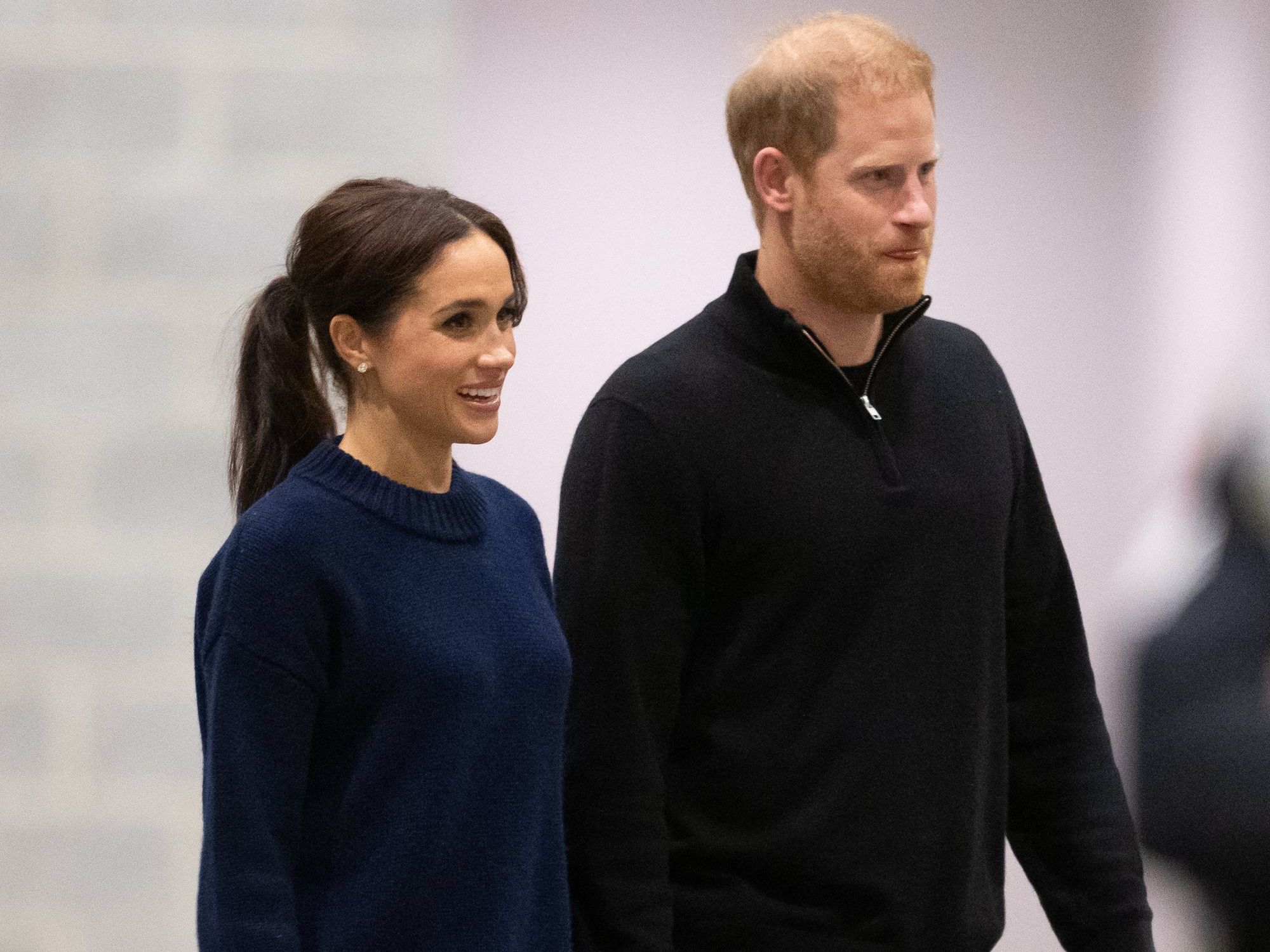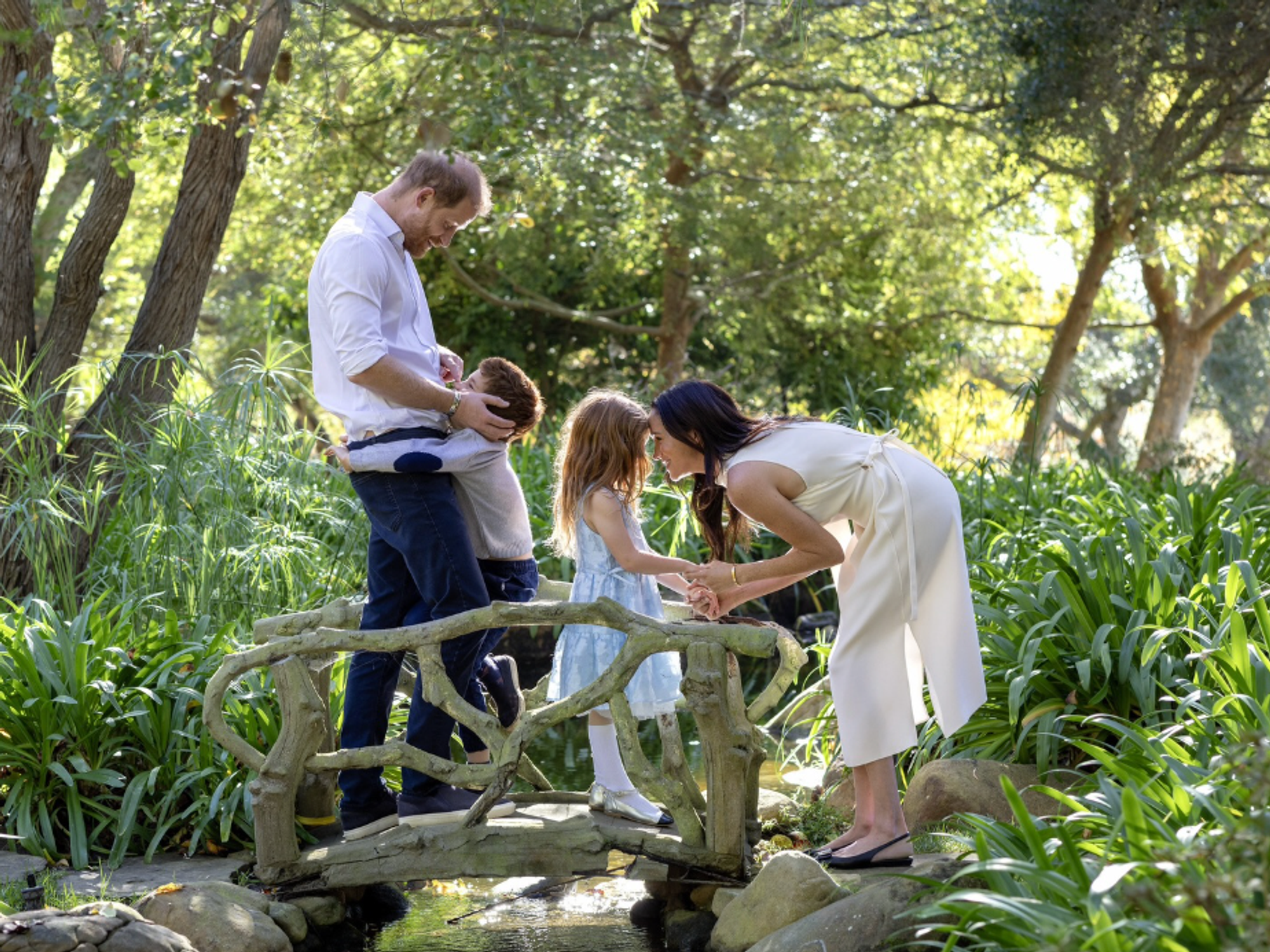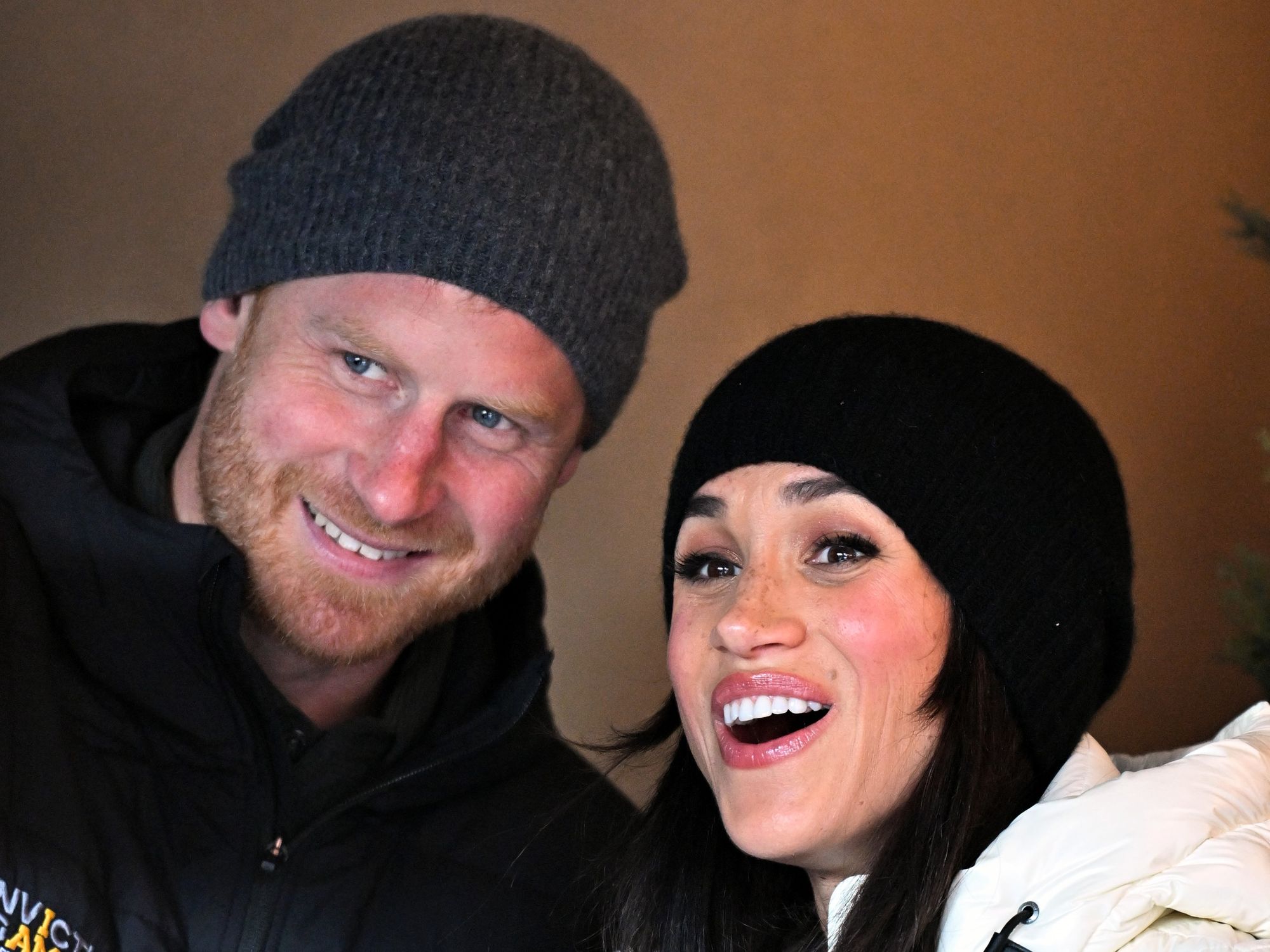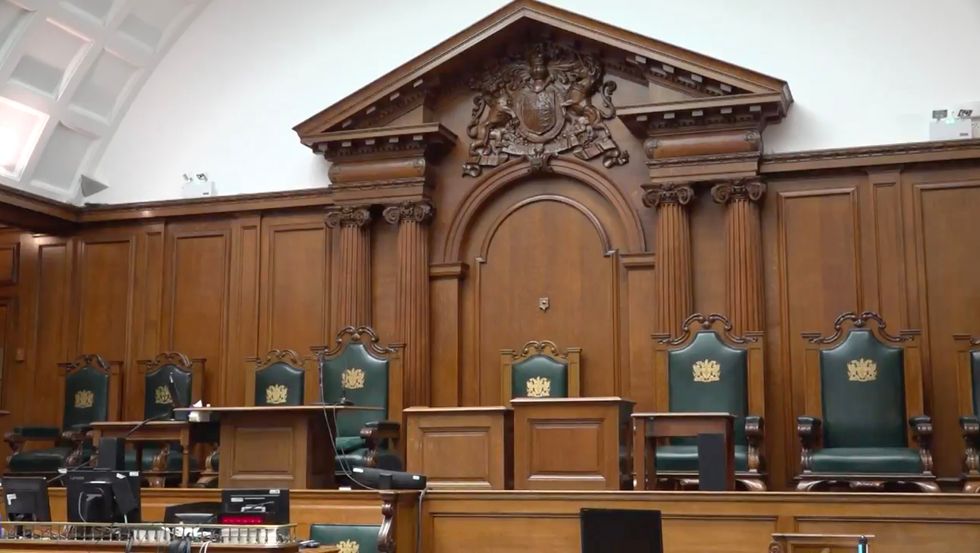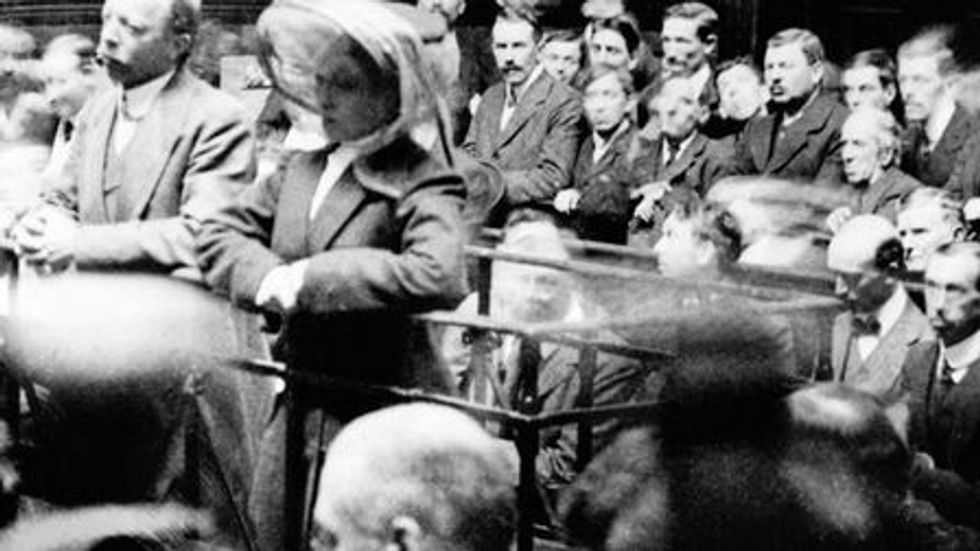Criminal sentencing to be broadcast live from court for first time ever

The move to televise part of a serious criminal case is seen as a major victory in the campaign for open justice
Don't Miss
Most Read
Legal history will be made tomorrow when a Crown Court broadcasts the sentencing remarks in a criminal trial for the first time.
The Old Bailey in central London is expected to become the first court in England and Wales to allow the live televised sentencing, when the case of a convicted killer is heard.
Ben Oliver, 25, pleaded guilty at an earlier hearing to the manslaughter of his grandfather David Oliver in south London.
Only the judge will be filmed during any sentencing that is broadcast, to protect the privacy of victims, witnesses and jurors.
The judge in the Ben Oliver case, Sarah Munro QC will have to formally grant permission for the televising of her sentencing remarks, which are due to begin on Thursday morning.
Described in court as a “troubled and angry young man”, Ben Oliver stabbed his 74 year old bed-ridden grandfather to death in January last year.
A plea of manslaughter on the grounds of diminished responsibility was accepted by the court, after he was cleared of murder by a jury.
The move to televise Crown Court sentencing is the culmination of more than a decade of campaigning by broadcasters.
The Government introduced a change in the law in 2020 to allow for cameras in Crown Courts, but the move was delayed because of the impact of the Covid pandemic.
People will be able to see proceedings live inside the Old Bailey for the first time
PA
Filming has been permitted in some Court of Appeal cases since 2013.
The UK’s highest court, the Supreme Court, also regularly televises cases.
But the move to include serious criminal cases is a major step forward in the campaign for open justice.
Head of Video at the Press Association, Joe Pickover said: “This is a crucial milestone, giving us access to film judges’ sentencing remarks in Crown Courts for the first time.
“Audiences across the UK will gain a much better understanding of the criminal process by witnessing the judicial system first hand and PA is delighted to be playing its part in this vital development.”
Justice Secretary Dominic Raab said: “Opening up the courtroom to cameras to film the sentencing of some of the country’s most serious offenders will improve transparency and reinforce confidence in the justice system.
“The public will now be able to see justice handed down, helping them understand better the complex decisions judges make.”
Dr Hawley Crippen and his accomplice Ethel Le Neve during their Old Bailey trial in 1910
Supplied
Cameras were officiallly banned from filming in court rooms by a change in the law more than a century ago, after photographers captured unauthorised pictures of a notorious murder trial.
Images of the infamous Dr Crippin were splashed all over the newspapers, after a photographer took pictures of him and his lover Ethel Le Neve during their Old Bailey trial in 1910.
In the years after Crippen was convicted and hanged for the murder of his wife, Parliament passed a new law banning all cameras from court.
More than a century later, after the last unauthorised images were taken inside the Old Bailey, the public will once again see pictures of part of the crown court process, with the full permission of judges this time round.






